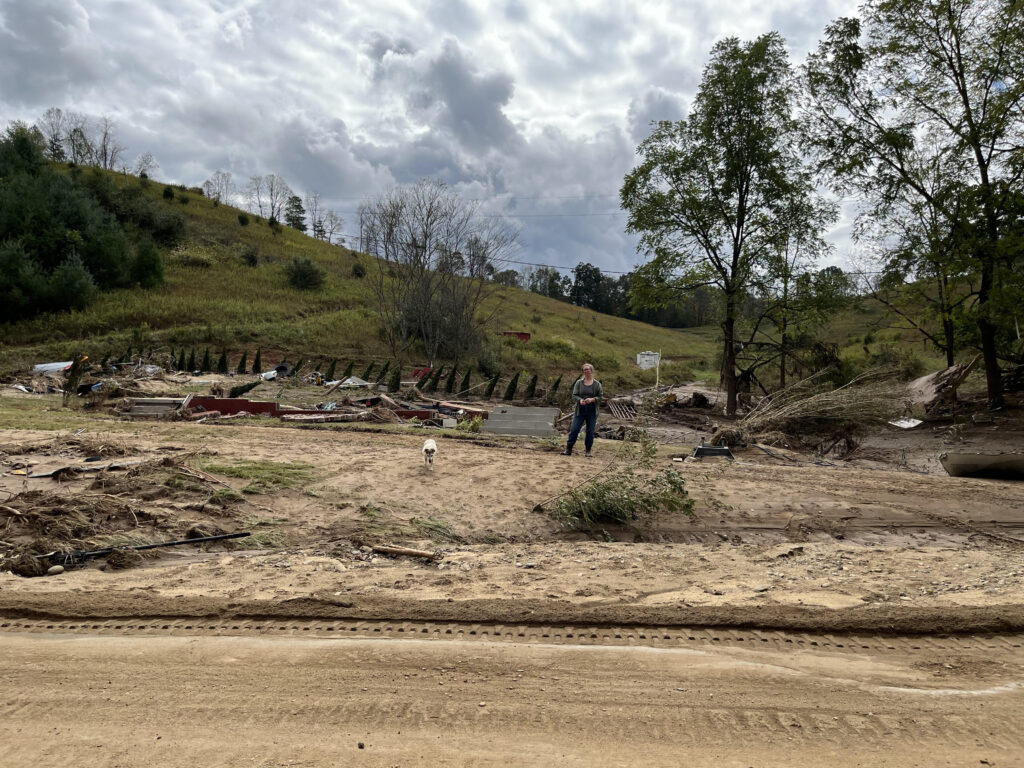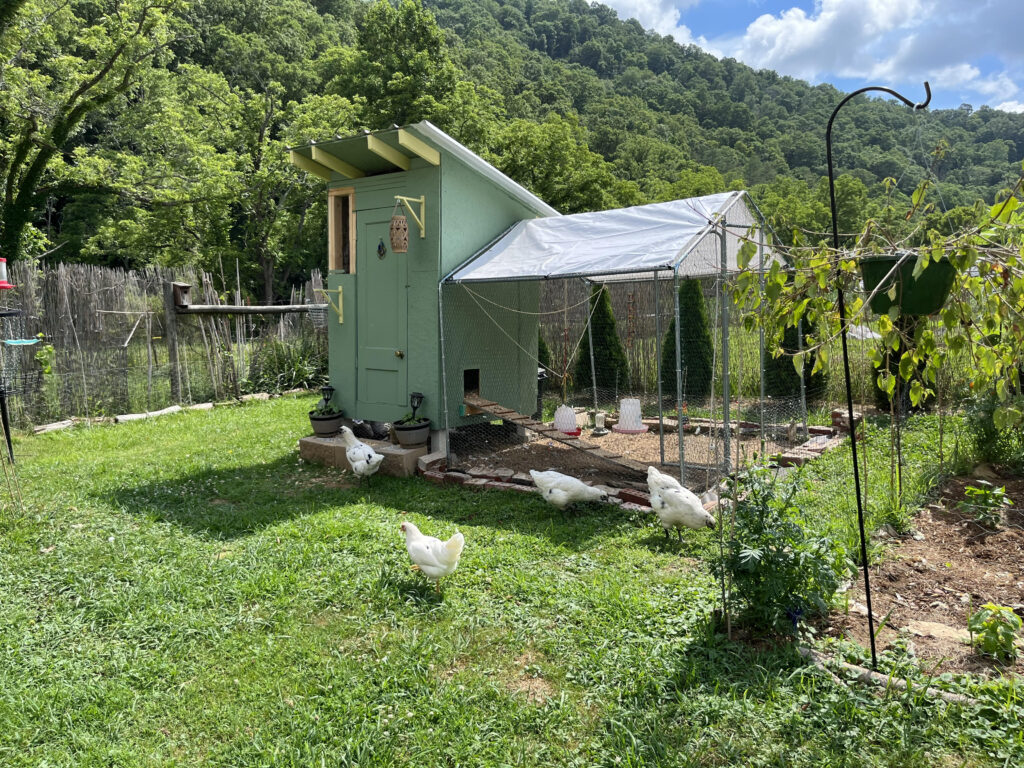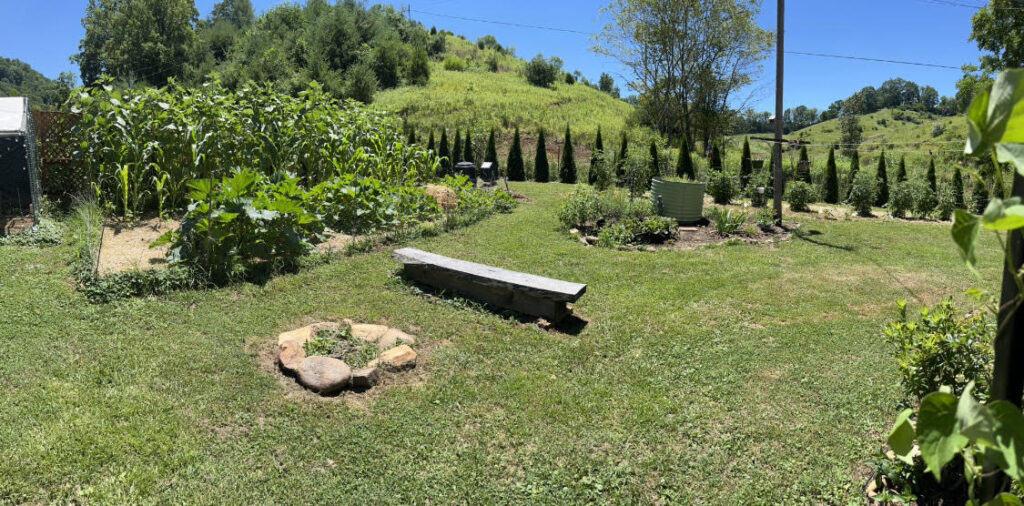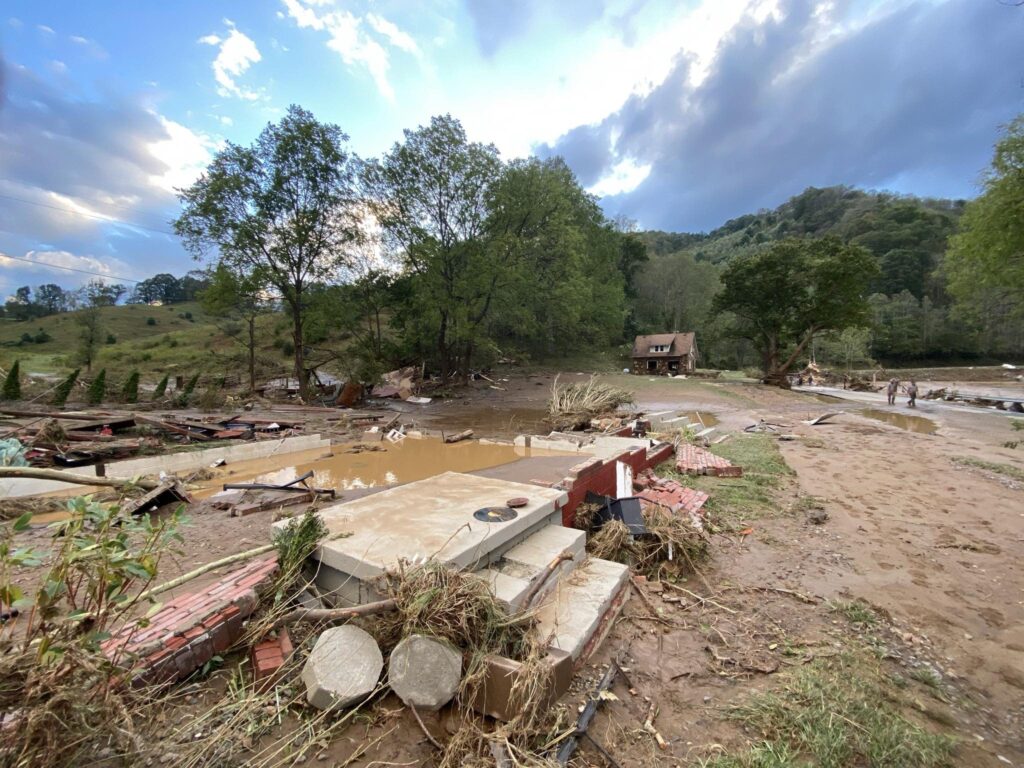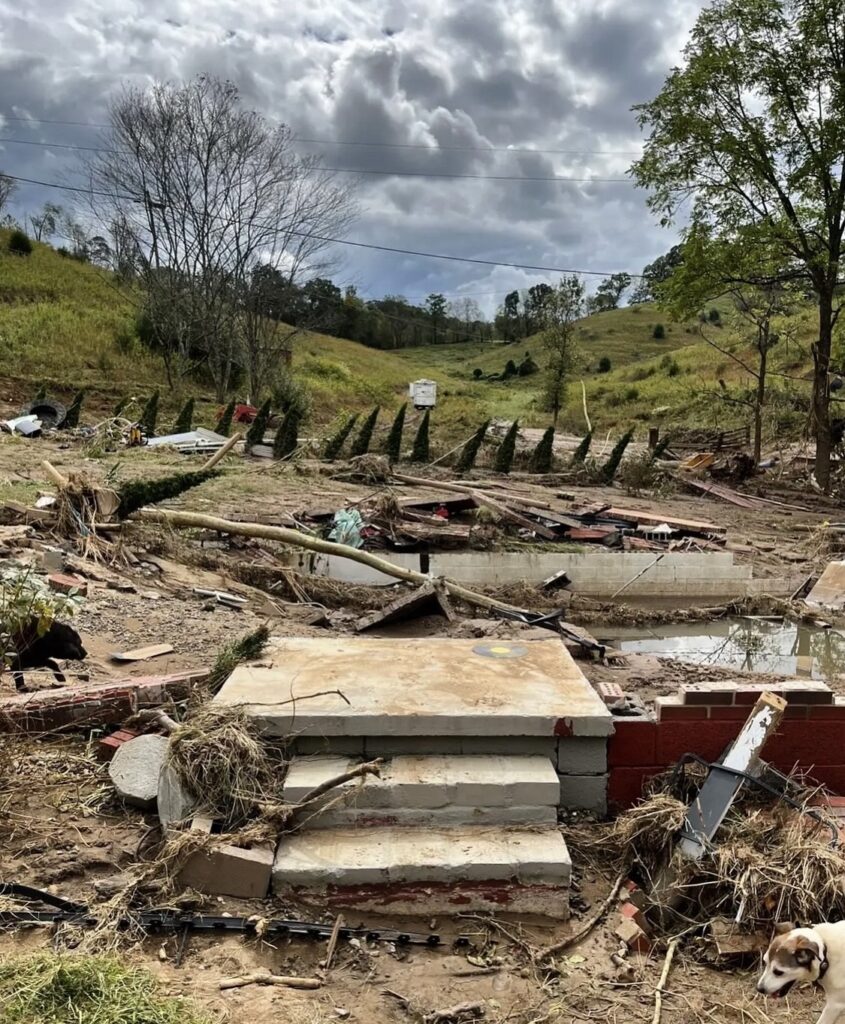Legal Aid of North Carolina (LANC) recently hosted its first-ever Innovation Olympics, an initiative designed to empower staff to think creatively, collaborate, and propose game-changing ideas for improving processes, systems, and service delivery. The event, inspired by the spirit of the Summer Olympics, brought the organization together in a multi-round competition to celebrate ingenuity and turn challenges into opportunities.
Why an Innovation Olympics?
In the world of legal aid programs, where resources are limited and needs outpace those resources, innovation is a necessity. But fostering innovation within an organization like ours requires more than new tools or processes—it requires a mindset shift and a shared belief that every individual has the power to spark meaningful change. That’s why we created the Innovation Olympics: a celebration of creativity, collaboration, and the courage to think differently.
At its core, the Innovation Olympics is about empowering our staff to see themselves as problem-solvers. Lawyers, paralegals, administrative staff, board members, and volunteers—everyone is invited to bring their lived experiences and insights to the table. It’s an opportunity to democratize innovation, breaking down silos and creating a space where the best ideas can emerge, regardless of where they come from.
“We wanted to find a way to harness the creativity of our staff and turn their ideas into actionable projects,” explained Scheree Gilchrist, LANC’s Chief Innovation Officer. Inspired by her experience with design sprints and hackathons, Scheree suggested framing the initiative as an “Innovation Olympics,” coinciding with the excitement of the summer games.
How the Innovation Olympics Worked
The competition invited all staff members to participate, either as part of a team (up to five members) or as solo innovators. Participants followed a structured process:
- ‘Opening Ceremony’: A statewide kickoff event set the stage by outlining the competition format, registration process, idea submission and judging criteria, and key timelines. This event ensured all staff had the information they needed and were excited to get involved.
- Idea Submission: Teams and solo innovators registered and submitted their proposals for improving LANC’s work by August 30th, focusing on innovative ways to improve systems, processes, and impact.
- Pitch Round: In a dynamic ‘Shark Tank®’-style format, participants pitched their ideas in 15 minutes or less to a panel of judges. Every participant received a $50 gift card, and the top five entries advanced to the final round.
- Expert Coaching: Finalists partnered with expert coaches on the Lab’s advisory board to refine their ideas before the final round.
- Final Presentation: On October 30th, finalists delivered a 30-minute pitch to the entire staff. Following these presentations, staff voted to select the grand prize winner, creating an inclusive and engaging decision-making process.
The winner received an all-expenses-paid trip to the Legal Services Corporation Innovations in Technology Conference in Phoenix, AZ, where they would present their idea to a national audience.
Top Innovations
The Innovation Olympics produced incredible ideas—some focused on internal-facing solutions, while others were client-facing. The following teams and individuals stood out:
- Team Mariposa: Proposed “LANC Link,” a comprehensive solution for client communications and document sharing.
- Team “It’s About Time”: Pitched a dynamic timekeeping and billing system.
- Gastonia Gals: Advocated for in-person virtual intake services, which are being integrated into LANC’s Modernizing Access Initiative currently in development in the Innovation Lab.
- Team Pro Bono Innovators: Presented a solution for tracking private attorney involvement, now being explored in the Innovation Lab as an AI use case.
- Solo Innovator Gigi Warner: Suggested statewide courthouse navigators and self-help services, an idea being evaluated for scalability.
These ideas, along with others ranging from novel community outreach strategies to improved data modeling and gamification, are now undergoing further evaluation pursuant to the Lab’s decision-making and innovation methodology.
Reflections and Lessons Learned
The Innovation Olympics not only showcased brilliant ideas but also highlighted areas for improvement in organizing future events:
- In-Person vs. Virtual Format: While the virtual format allowed for broad participation, many participants expressed a desire for more in-person collaboration to foster stronger idea sharing, deeper connections, and a stronger sense of togetherness.
- Engagement Across Regions: Although efforts were made to include staff statewide, future iterations will focus on more intentional strategies to engage staff from every corner of the state.
- Balancing Tech and Non-Tech Ideas: While many pitches leaned heavily on technology, participants underscored the importance of also cultivating and encouraging non-technical innovations.
- Enhanced Communication: Clearer and more consistent communication throughout the process emerged as critical for maintaining momentum and ensuring all staff felt informed and involved.
“This was a learning experience for everyone,” said Scheree. “We’ve laid a solid foundation and gained valuable insights to make the next event even better. What’s exciting is that this framework can also serve as an inspiration for other legal services organizations looking to ignite creativity and foster a culture of innovation.”
Building a Culture of Innovation
For Ashley Campbell, LANC’s CEO, the Innovation Olympics is a testament to the organization’s commitment to empowering staff and bridging the justice gap.
“At Legal Aid of NC, we are growing a culture of innovation,” said Ashley. “Our staff are our greatest asset, and their ideas have the power to transform how we serve our clients. Events like this show that innovation isn’t just a buzzword—it’s a mindset that can create real impact.”
By engaging the entire organization in a collective challenge, we remind ourselves of the mission that unites us: ensuring equal access to justice. When we collaborate across roles and departments, bringing together diverse perspectives to tackle barriers, we’re not just innovating—we’re living the vision and mission of LANC.
Looking Ahead
The success of the Innovation Olympics has sparked excitement about future competitions. With plans to integrate the event into broader organizational gatherings, such as statewide summits, LANC is well on its way to establishing a tradition of innovation.
As Jeff Kelly, a partner at Nelson Mullens and Chairperson of the Innovation Lab’s Advisory Board, put it: “Every pitch had sparks of genius. This process was successful in its own right, and I’m excited to see these ideas come to life.”
Ultimately, the Innovation Olympics wasn’t just an event; it was a spark. It ignited creativity, nurtured collaboration, and laid the foundation for innovation. It reminded us that the work of reimagining access to justice begins within, by empowering the very people who dedicate themselves to that cause every day.
The Innovation Olympics is proof that when creativity meets collaboration, the possibilities are endless. Let the games continue!

